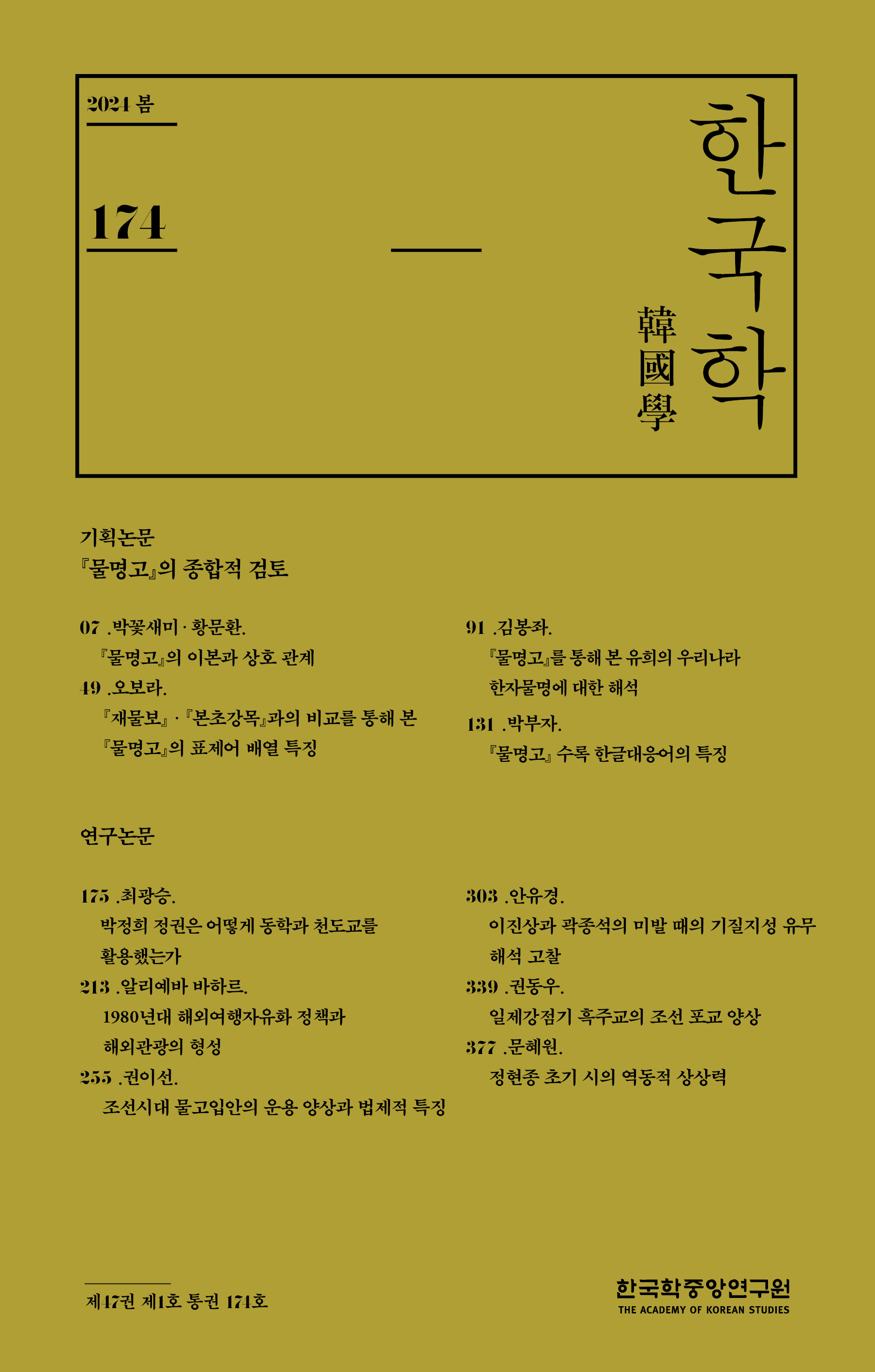
- P-ISSN 2671-8197
- E-ISSN 2733-936X
.jpg)
This study aims to delineate the political meaning and characteristics of the royal law by analyzing political actors’ perceptions in the judicial cases under King Jŏngjo’s reign during the late Chosŏn period. Particularly, this research traces how the royal law was understood and appropriated by political actors, analyzing diverse cases, including the Hongsurhae Case (1776) and Hwawanongju Case (1799). Studies on King Jŏngjo have revealed the development of the legal system, highlighting legal codifications and judicial reforms, or have attempted to reassess King Jŏngjo’s reign as an era of the rule of law based on the King’s legal reasoning. This study, however, argues the reconsideration of King Jŏngjo’s judicial process in its historical context. King Jŏngjo emphasized the impartial enforcement of the royal law, although his judicial decisions were not always in accordance with the royal law. To analyze this seemingly contradictory judicial judgment process of King Jŏngjo, this study distinguishes two dimensions of the concept of the royal law: individual royal law, wherein the king’s orders had legal effects; and systematic royal law, which refers to a more abstract legal system encompassing all kinds of rules and codes. Based on this conceptual analysis, this study examines various judicial cases related to the application of the royal law during King Jŏngjo’s reign. Additonally, it emphasizes the significance of the political process in final judicial decisions.